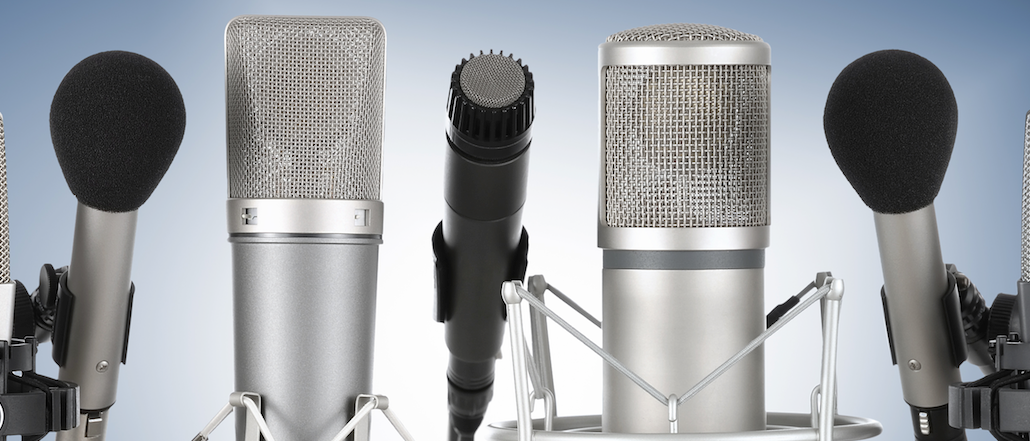
There’s no shortage of podcasts about sports, but The Football Ramble sees an opening to get people to pay for its podcast.
The Football Ramble started in 2007 from presenter Luke Moore’s kitchen. Nearly 10 years later, it has attracted monthly download figures of a respectable 1.7 million. Each week, people tune in to hear the irreverent football commentary of co-hosts Jim Campbell, Pete Donaldson and Marcus Speller.
The Football Ramble is one of five U.K. podcasts that has started charging for content in the last week. Podcasts remain a mostly ad-supported medium, but Swedish podcast platform Acast is now letting creators on its platform sell ad-free content directly to listeners with Acast+.
“It’s a dichotomy we have been longing for,” said Jonathan Teague, executive producer at independent podcast The Football Ramble. “We’ve always wanted two models: free but ad-funded as well as subscription-based and ad-free.”
Listeners of the The Football Ramble can pay £1.99 ($2.90) to get the weekly show ad-free, plus a monthly bonus show. Or, people can continue to listen to it for free with ads.
For the last 18 months, The Football Ramble has been selling the monthly show as a one-off through iTunes, but Teague said that revenue it was making from this was negligible. It’s too soon to publish figures of how many people have paid for The Football Ramble’s content for the last week, but he said that responses from fans have been positive.
“If we can get 5 percent of listeners to pay for it, then it would far exceed anything we have achieved before,” said Teague. “You’re selling content to people who want to buy it.”
Since working with Acast to sell ads, The Football Ramble has attracted more blue-chip advertisers, including brands like Domino’s, Sky, Vodafone and Direct Line. It has also increased its ad revenue by 55 percent in the last 12 months; however, Teague was not willing to give exact revenue figures.
Previously, a lack of metrics has held back podcast maturation in the U.K. by only crudely counting downloads (rather than actual listens). This has prevented big-ticket ad spenders from diverting budgets here, leaving the ads to well-funded U.S. tech companies like MailChimp and Squarespace. Acast offers more data on audiences.
“Shows want to make real money and sell directly to people,” said Acast co-founder Måns Ulvestam. “Podcast behavior is more active and more engaged. You listen when you have the time and you’re more likely to pay for extra content.”
It’s similar to the model to U.S. podcast network Gimlet adopted in June 2015, offering listeners who paid for membership access to pilots of new shows.
More in Media

In Graphic Detail: The scale of the challenge facing publishers, politicians eager to damage Google’s adland dominance
Last year was a blowout ad revenue year for Google, despite challenges from several quarters.

Why Walmart is basically a tech company now
The retail giant joined the Nasdaq exchange, also home to technology companies like Amazon, in December.

The Athletic invests in live blogs, video to insulate sports coverage from AI scraping
As the Super Bowl and Winter Olympics collide, The Athletic is leaning into live blogs and video to keeps fans locked in, and AI bots at bay.





